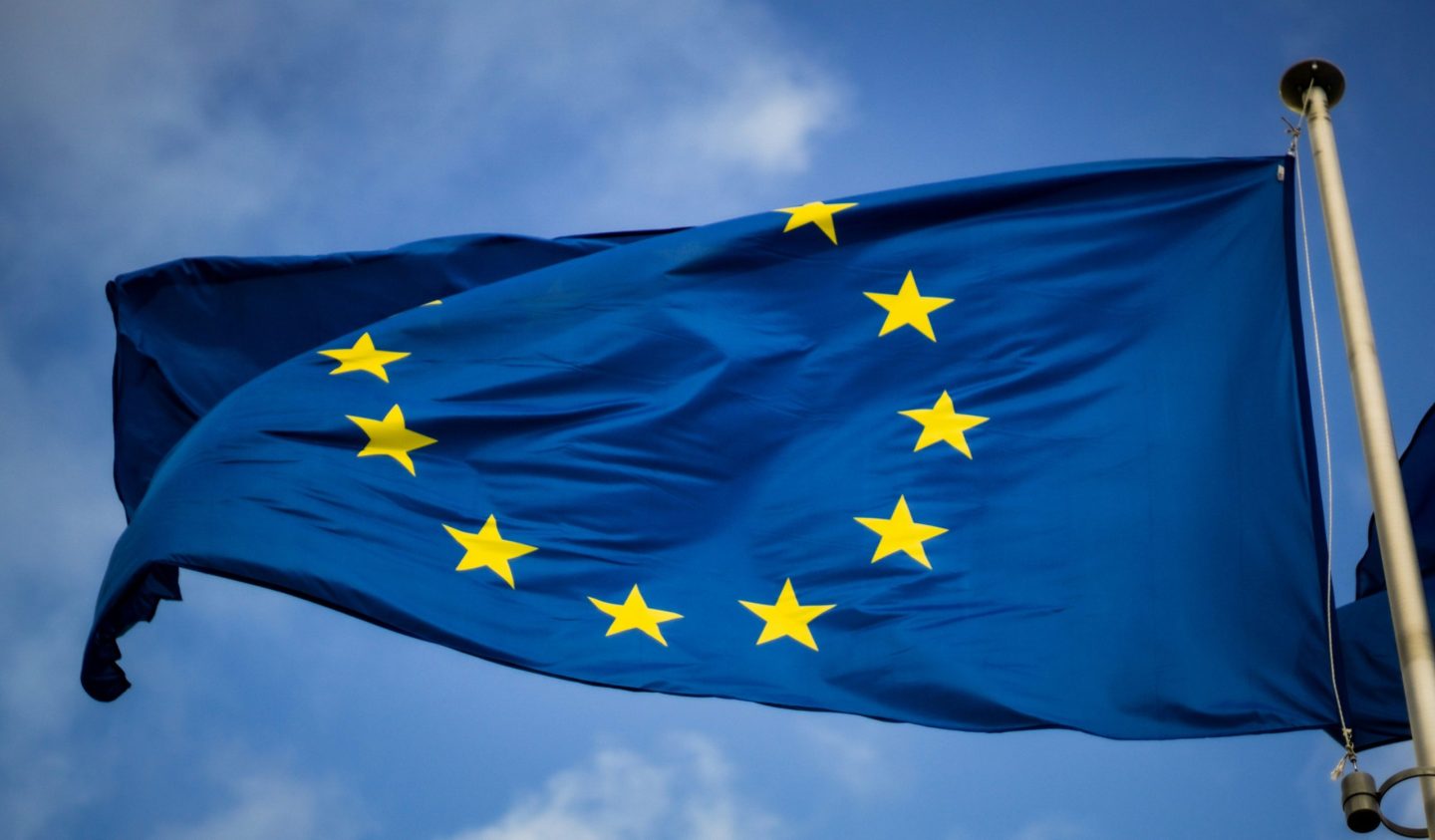How the EU Can Lead the Global AI Revolution: A Blueprint for Trustworthy AI
The EU holds the key to shaping the future of AI governance, according to Resham Kotecha, Global Head of Policy at the Open Data Institute (ODI). By prioritizing people’s rights and innovation, Europe can establish a globally recognized benchmark for responsible AI development.
The ODI’s European Data and AI Policy Manifesto outlines six crucial principles, emphasizing strong governance, inclusive ecosystems, and public participation to steer AI’s trajectory. This robust framework is essential for navigating the complex landscape of data and AI, highlighting the critical need for a balanced approach that simultaneously fosters innovation and protects fundamental rights.
Europe as a Global Standard-Setter for Trustworthy AI
“The EU has a unique opportunity to establish a global benchmark for digital governance that prioritizes people,” says Kotecha. The manifesto’s first principle underscores the vital link between innovation, competitiveness, and robust regulation safeguarding individuals and fostering trust.
Initiatives like Common European Data Spaces and Gaia-X provide concrete examples of how the EU is building the foundation for AI advancement while protecting individual rights. These projects aim to create shared data infrastructure, allowing governments, businesses, and researchers to pool data responsibly without compromising control. Crucially, this approach combines large-scale data utilization with robust safeguards for privacy and security – a model ripe for global adoption.
Unlocking the Potential of Privacy-Enhancing Technologies:
Privacy-enhancing technologies (PETs) play a vital role in this framework. These tools enable organizations to analyze and share insights from sensitive datasets without exposing the raw data itself. The EU’s support for PET research and deployment through initiatives like Horizon Europe and Digital Europe is a positive step. However, Kotecha emphasizes the need for broader adoption and widespread mainstream usage of PETs. Only by integrating PETs into everyday practice can trust be built and demonstrated that individual rights are central to the AI ecosystem.
Independent Oversight, Crucial for Public Confidence:
Independent oversight organizations are crucial to building trust in AI systems. They offer impartial scrutiny, bolster public confidence, and hold governments and industry accountable. The Open Data Institute’s Data Institutions Programme offers valuable guidance on establishing and supporting these vital organizations. Strong oversight, fueled by independent bodies, is a defining feature of a trustworthy and ethical AI system.
Open Data: The Foundation for Responsible AI:
The success of Europe’s AI ambitions rests on a foundation of open data, yet many businesses remain hesitant to share data due to commercial risks, legal uncertainties, data quality concerns, and inconsistencies in data formats. The EU’s role is crucial in reducing these barriers. Strategies should encompass legislative reforms, financial incentives, capacity building, and crucial data infrastructure enhancements. By proactively tackling these hurdles, Europe can encourage responsible data sharing, generating benefits for both society and the economy.
Empowering Startups and Communities:
The EU’s success depends on data access for all players, not just major tech companies. AI Factories and Data Labs are instrumental in addressing this disparity, providing valuable data assets to smaller enterprises, fostering innovation, and driving job creation. Initiatives such as Data Pitch illustrate the tangible impact of such programs, unlocking previously unavailable datasets, sparking innovation, and creating employment opportunities.
Engaging communities is vital for the long-term success of the EU’s AI agenda. Participatory data initiatives empower individuals and communities to actively shape the data ecosystem. The ODI’s research showcases how community involvement strengthens ownership and empowers underrepresented groups. Effective participation requires resources, training, and representation across all communities.
A Framework for Global Influence:
By demonstrating that open data, independent oversight, inclusive ecosystems, and strategic data skill development are central to a thriving AI economy, the EU can shift the narrative from opposition between rights protection and innovation to one of harmonious integration.
This strategic approach stands in contrast to fragmented US regulation and the surveillance concerns raised by China’s state-driven AI models. By establishing clear guidelines for responsible AI, the EU can leverage its principles to become a global standard-setter for trustworthy AI: exporting a model that fosters innovation and safeguards fundamental rights. A unique opportunity to lead the world into a new era of AI.
(Image of Resham Kotecha)
Resources:
- AI & Big Data Expo: [Link to AI Expo]
- TechEx: [Link to TechEx]
- Open Data Institute: [Link to ODI website]
- Data Governance Act (DGA): [Link to relevant legislation page]
- Data Institutions Programme Report: [Link to the ODI report]
(SEO Keywords): AI governance, EU AI strategy, open data, privacy-enhancing technologies, responsible AI, data sharing, AI regulation, independent oversight, trustworthy AI, global AI standards, European Data Spaces, Gaia-X, innovation, community engagement, policy manifesto, Resham Kotecha, Open Data Institute.

